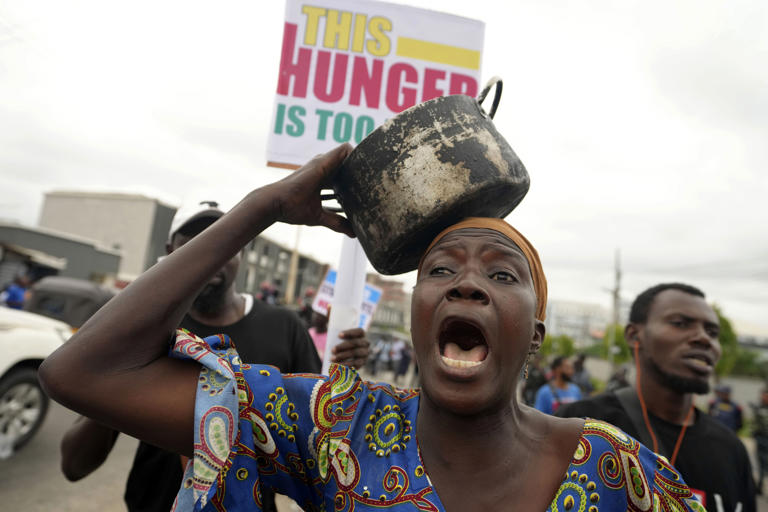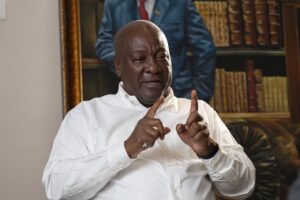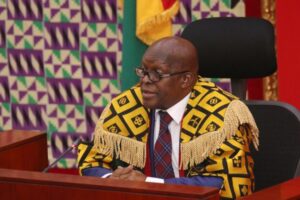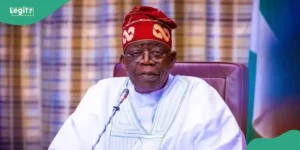
In Nigeria, thousands, predominantly young individuals, took to the streets nationwide on Thursday to protest the country’s most severe cost of living crisis in recent memory, leading to police deploying tear gas to disperse the demonstrators.
In Abuja, the capital, where a court had issued an order the previous day confining the protest to a stadium, police launched multiple rounds of tear gas at protesters congregated in a government office district. Similar actions occurred in Bauchi and Borno states in the conflict-stricken northeast.
Nigerian public officials, often implicated in corruption, are among the highest paid in Africa. This stands in stark contrast to the reality of Nigeria, which, despite being a leading oil producer on the continent, is home to some of the world’s most impoverished and hungriest populations.
Throughout parts of the country, roads were obstructed by either banner-wielding protesters or armed security forces stationed overnight.
Human rights organizations and activists have voiced concerns over a potential crackdown on the protests directed at the administration of President Bola Tinubu. Recent statements indicate an alarming willingness to suppress dissent, raising the specter of a harsh response, according to Human Rights Watch.
Numerous businesses nationwide closed on Thursday, apprehensive that the protests might echo the fatal 2020 demonstrations against police brutality or the recent violent protests in Kenya, sparked by a tax increase that caused turmoil in Nairobi.
Protesters, adorned with banners, bells, and the Nigerian flag, sang as they articulated their demands, which included the restoration of gas and electricity subsidies. The removal of these subsidies, a part of the government’s economic growth reforms, has impacted the cost of nearly all commodities.
“People are exasperated and incensed because we merit better,” stated Jude Sochima, one of the protesters.



